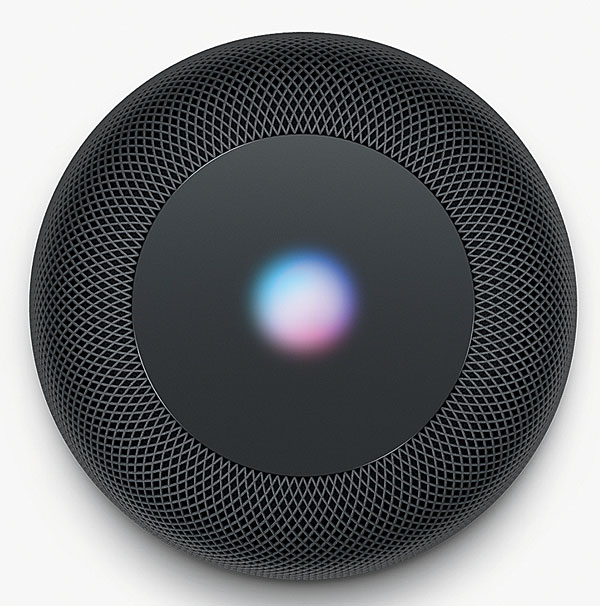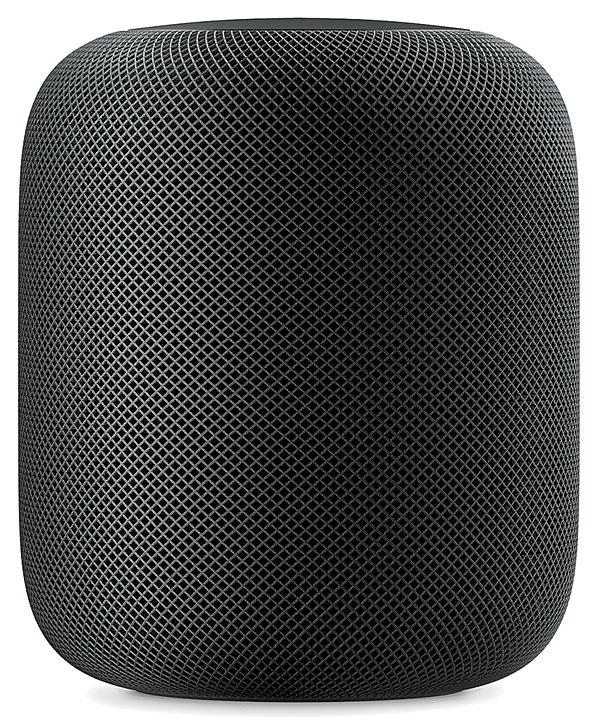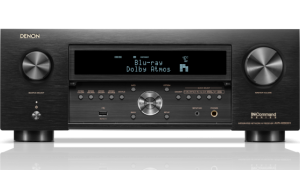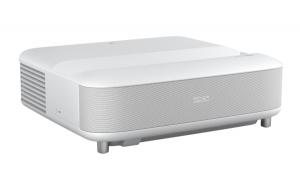Apple HomePod: Apple Revisits Home Audio

As I pondered Apple’s place in the burgeoning smart speaker market, I scanned the internet to gauge the media’s reaction to the HomePod, trying to decide whether Apple is fashionably late to the party Amazon started three years ago with the Echo ($180) or just plain late. The speaker is due out in December, so we should have an early read on how it’s doing after the holiday smoke clears—assuming Apple gets it to market before Christmas.
If you’re like us, you’re probably wondering why Apple waited so long to address a category that has taken off like a rocket and shows no signs of abating. A recent forecast by Global Market Insights sees the market surpassing $13 billion over the next six or seven years with sales of more than 100 million units. Even Google, a company not exactly known for its hardware prowess, joined the fray with its Google Home speaker ($129) last November. And since launching Echo, Amazon has upped its smart speaker game to include the Echo Dot ($50), Amazon Tap ($130), and, most recently, the video-enabled Echo Show ($230).

The aggressive stance is paying off. Big time. Amazon is expected to control just over 70 percent of the voice-enabled speaker market this year, according to a recent eMarketer forecast, and Google is on its way to capturing almost a quarter of the market, leaving the crumbs to a number of smaller players.
All of which brings us back to Apple.
Despite all the hype surrounding the HomePod announcement, Apple is not new to the speaker game. Way back in February of 2006, Steve Jobs introduced the iPod Hi-Fi as a companion for the most popular music player on the planet, which at the time was on its fifth generation and commanded a 78 percent share of the MP3 player market. As Jobs put it, the speaker was “home stereo reinvented” in the form of a universal docking station with adapters to accommodate every iPod model. At $349, it was also expensive.

Acknowledging iPod docks from Bose and others, Jobs said, “The problem with these products is that none of them really offers home stereo quality. While you might get one of these, you’re not getting rid of your home stereo because the quality level just isn’t quite there.” Describing himself as an audiophile—a claim Wired confirmed years later—Jobs said, “I’m actually getting rid of my stereo, which cost a lot, to go with these things.”
Although our own Mark Fleischmann had good things to say about the iPod Hi-Fi—calling it “amiable, pragmatic, sleek, minimalist, and musical”—others were less kind, perhaps expecting more for $349 (the same price as the HomePod). For whatever reason, iPod Hi-Fi never caught on and was quietly laid to rest a year-and-a-half later, joining other Apple flops, including Newton (a Personal Digital Assistant, or PDA, released in 1993), Macintosh TV (1993), and Pippin (a gaming console introduced in 1995).

When engadget inquired about the status of the speaker, which had mysteriously disappeared from Apple’s online store, the company issued this statement: “Apple has decided to focus priorities on the iPod and iPhone and will not be making more iPod Hi-Fi units. There are over 4,000 accessories in the iPod ecosystem and hundreds of speaker systems designed specifically for the iPod, which provide customers with a wide variety of options.” Was Apple too late to a market that was already overflowing with docking stations, or were they simply asking too much for a not-so-special product that fell short of expectations?
It remains to be seen whether Apple will be able to work its magic with the HomePod, which, of course, is far more sophisticated than its long-forgotten predecessor. Will its sound quality, operation, smarthome chops, and integration with Apple Music justify its significantly higher price? And how will Siri fare compared with rival assistants Alexa (Amazon) and Google Assistant? What do you think, Siri?
- Log in or register to post comments



















































